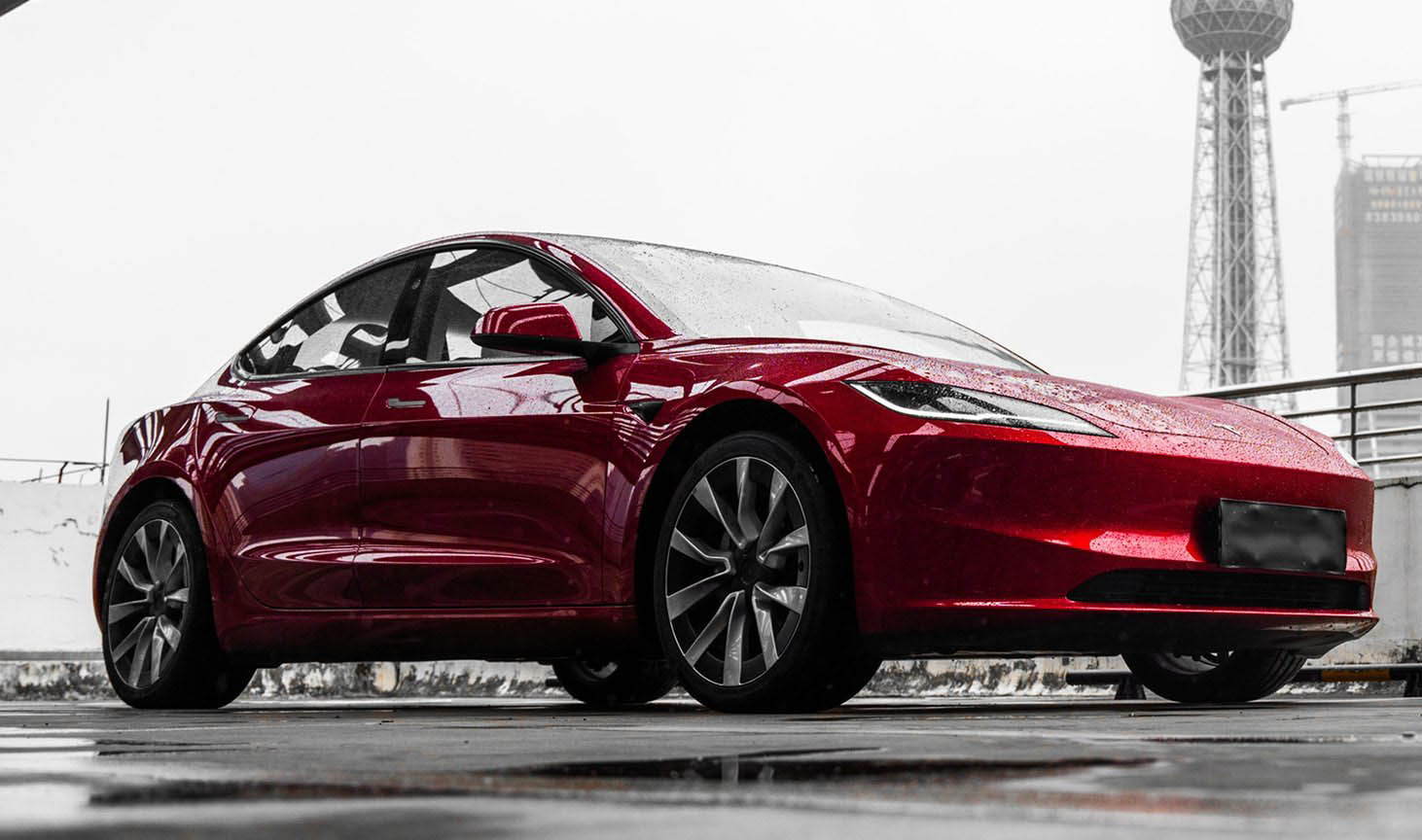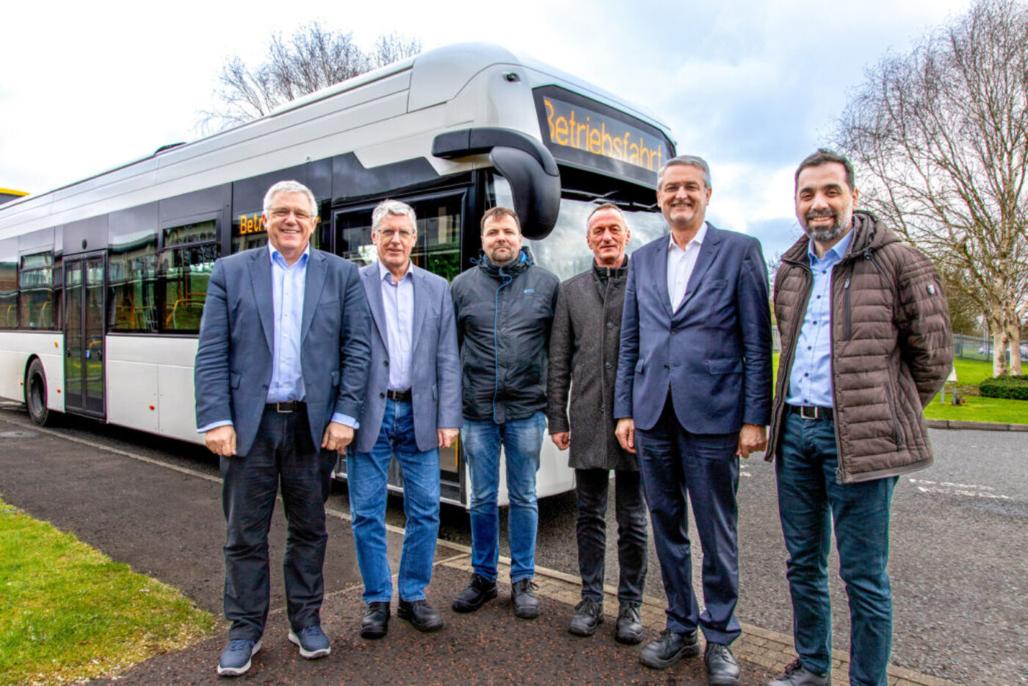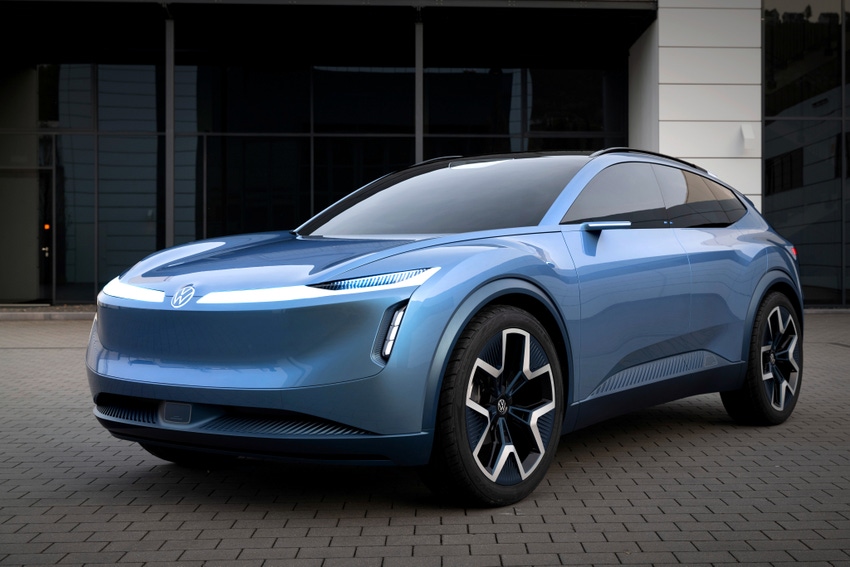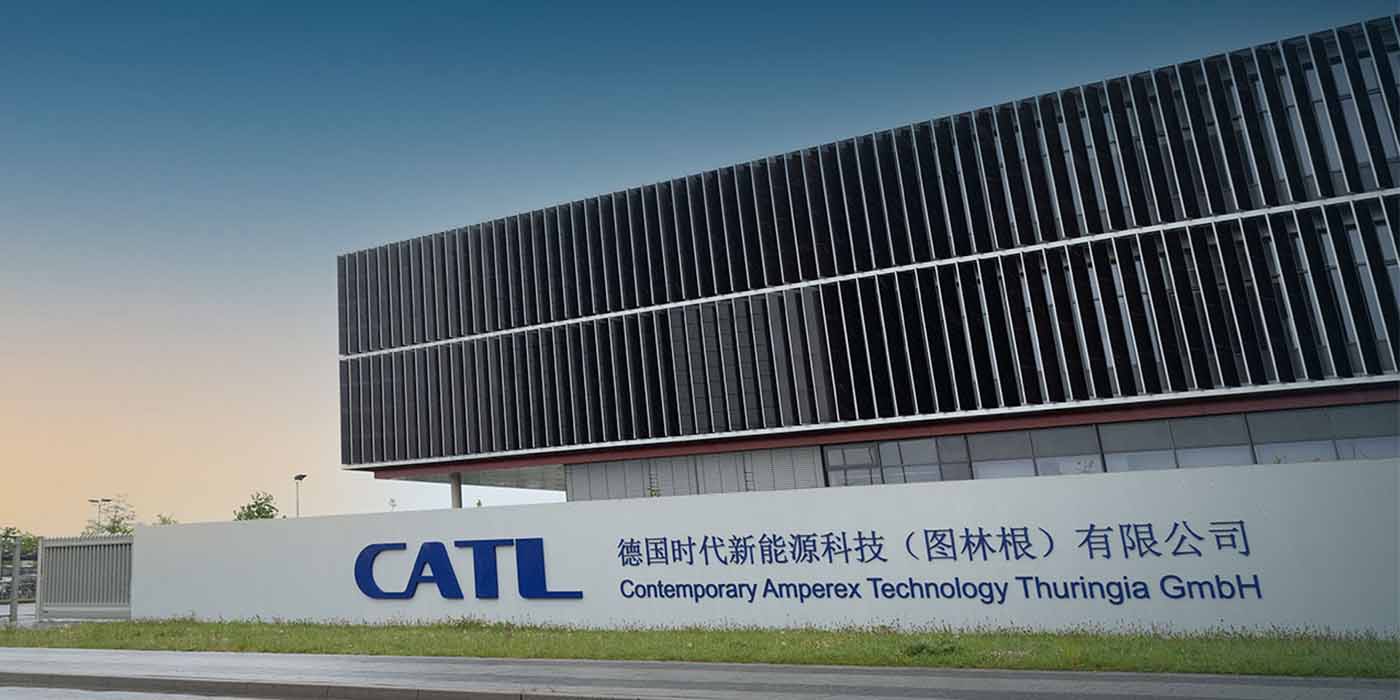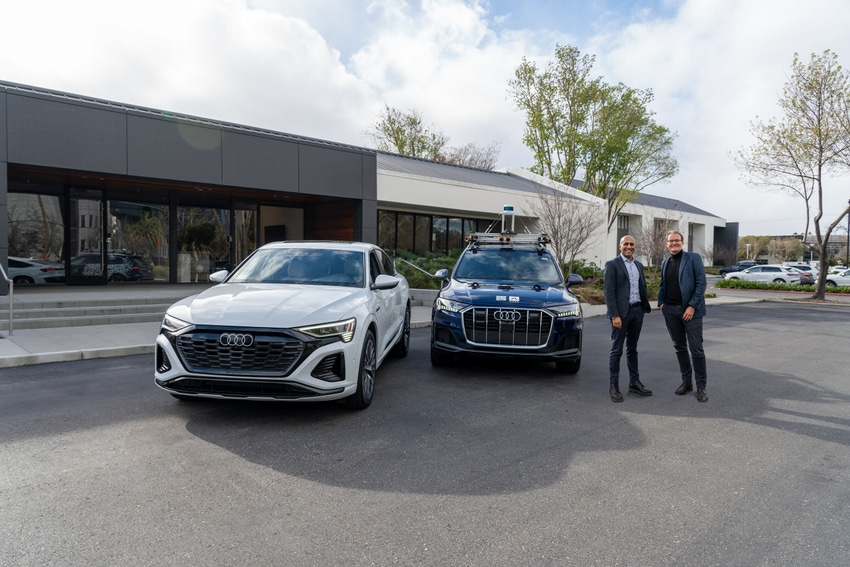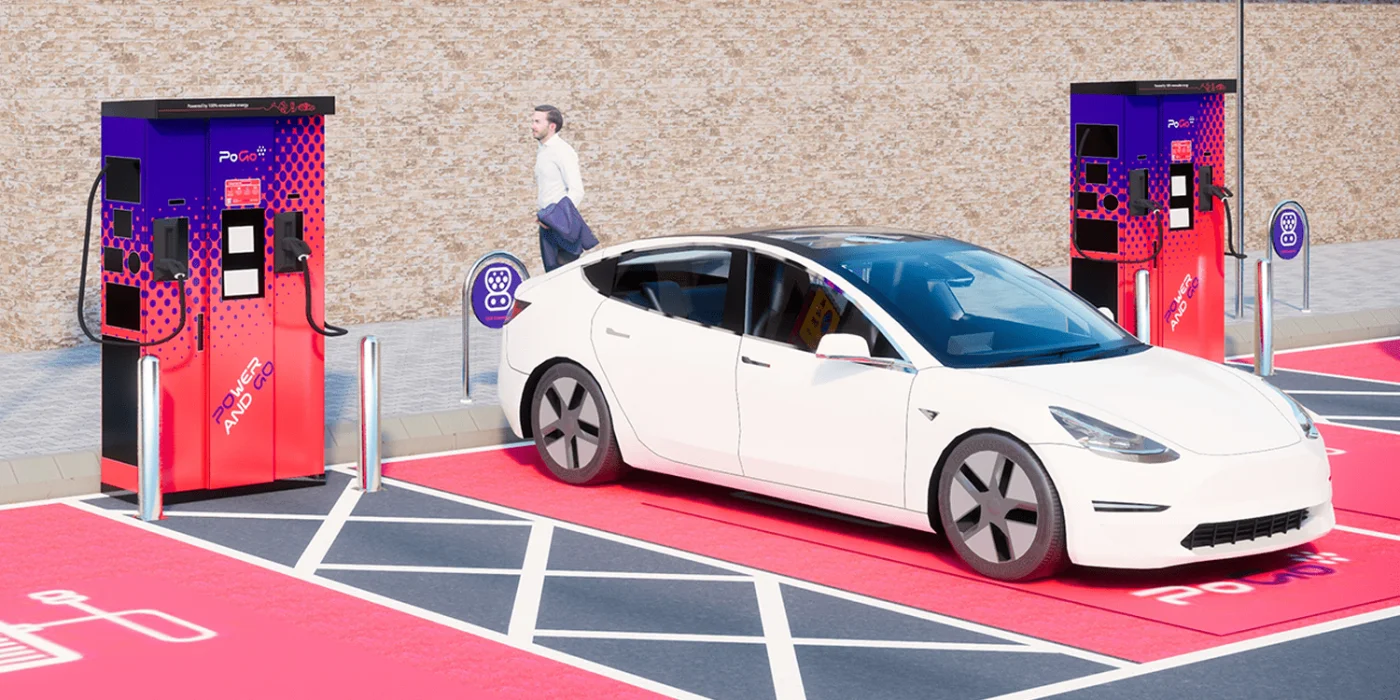Tesla has reportedly partnered with Chinese internet giant Baidu for mapping and navigation services, a move aimed at overcoming obstacles for the release of its Full Self-Driving (FSD) system in China. The partnership is seen as a strategic step for Tesla to enhance its presence in the Chinese market, which is becoming increasingly competitive.
The partnership news emerged during Elon Musk’s unannounced trip to Beijing, where he met with several government officials, including Premier Li Qiang and China Council for the Promotion of International Trade (CCPIT) Chairman Ron Hongbin. Musk was accompanied by key Tesla executives, including Tom Zhu, SVP, Automotive, and VP Grace Tao. Executives from CATL, a key battery supplier for Tesla, were also reportedly seen visiting the hotel where Musk was staying.
$TSLA
Tesla China has entered into a partnership with Baidu for approval of autonomous driving in China. pic.twitter.com/wBPpXkC3pZ— Tsla Chan (@Tslachan) April 29, 2024
According to Reuters, sources familiar with the matter stated that the partnership with Baidu would allow Tesla to use the Chinese tech giant’s mapping license for data collection on China’s public roads. This move could help alleviate concerns about data security risks associated with Tesla vehicles in China.
In addition to the partnership with Baidu, Tesla has reportedly cleared data security and processing requirements in China, according to the China Association of Automobile Manufacturers. This development indicates that Tesla is making significant strides towards the release of its FSD system in China, potentially giving it a competitive edge in the domestic auto segment.
Tesla China, a key player in the country’s electric vehicle sector, has not confirmed a timeline for the release of FSD in China. However, the company’s official Weibo account highlighted its self-driving aspirations, indicating that FSD could play a crucial role in Tesla’s strategy for the Chinese market.
In a statement, Tesla China expressed its commitment to the development of China’s new energy vehicle industry, stating, “We will continue to work hard in China, develop together with the industry in areas such as artificial intelligence, electric vehicles, and energy storage, accelerate the implementation of clean energy and autonomous driving technologies, and turn our beautiful vision into reality.”

